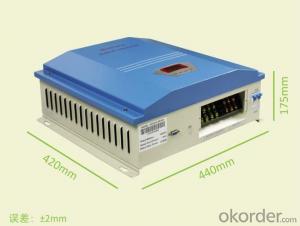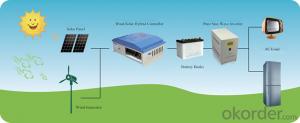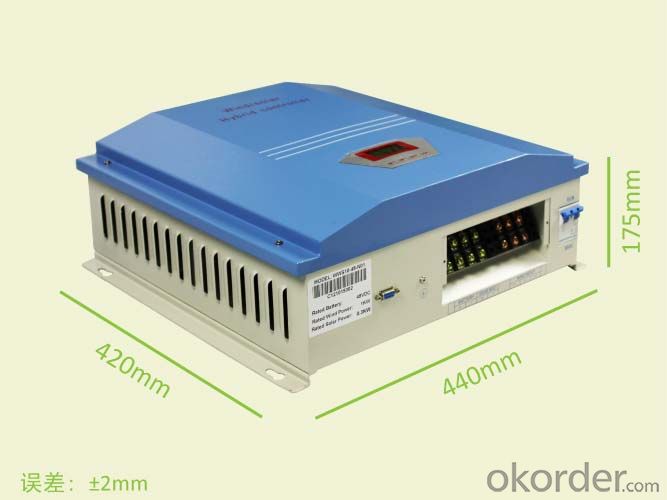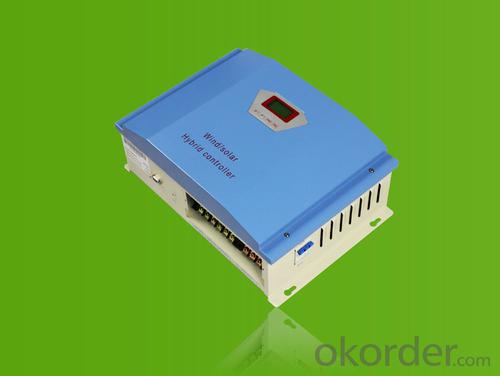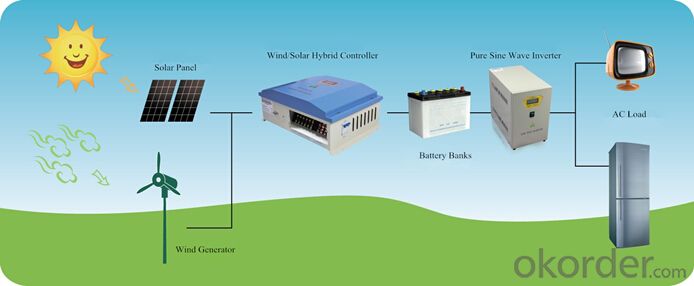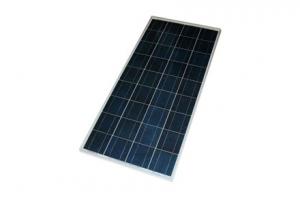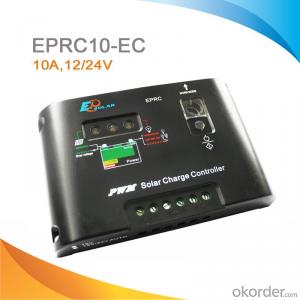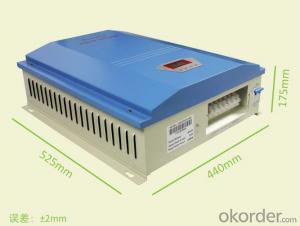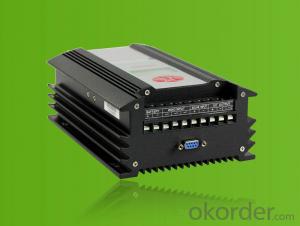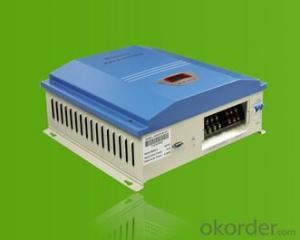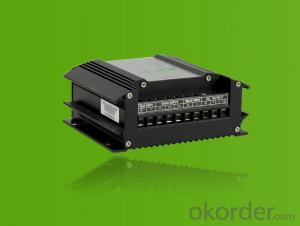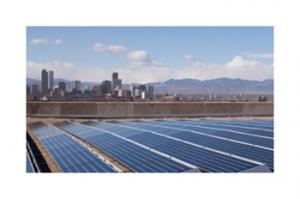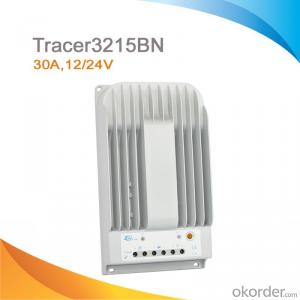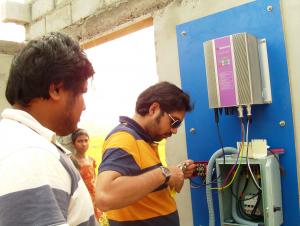Solar Street Light Controllers:2kW Wind Solar Hybrid PWM Stepless Unload Mode Controller
- Loading Port:
- Shanghai
- Payment Terms:
- TT or LC
- Min Order Qty:
- 1 unit
- Supply Capability:
- 5000 unit/month
OKorder Service Pledge
OKorder Financial Service
You Might Also Like
I. PRODUCT INTRODUCTION
The wind/solar hybrid controller is the control device which can control wind turbine and solar panel at the same time and transform wind and solar energy into electricity then stores to the battery bank.Wind/solar hybrid controller is the most important part in off-grid system, whose performance has much effect on life expectancy and operational stability of the whole system, especially the battery expectancy. Or battery service life will be shortened by over-charge or over-discharge.
II. PERFORMANCE FEATURES
Superior military-grade components to ensure the product stability.
Perfect protection function, thus the system has higher reliability.
Check and set all operation parameters as requirement from LCD display.
Voltage limiting and current-limiting charge mode ensures battery in the best charging status.
PWM stepless unload mode, which burn the excess power into dump load, making the battery charging in best status.
III. APPLICATION AREAS
Stand alone wind/solar hybrid power station; Stand alone domestic household wind/solar hybrid power system.
Mobile communication base stations, expressway and other non-residential regions.
Coastal islands, remote mountainous, border posts for regions shortage of or without electricity.
Government demonstration projects, landscape lighting project.
IV. 2KW TECHNICAL PARAMETERS
Product Model | WWS20-48 | WWS20-96 | WWS20-110 | WWS20-120 | WWS20-220 |
Rated Battery Voltage | 48V | 96V | 110V | 120V | 220V |
Rated Wind Turbine Input Power | 2kW | 2kW | 2kW | 2kW | 2kW |
Maximum Wind Turbine Input Power | 3kW | 3kW | 3kW | 3kW | 3kW |
Wind Turbine Brake Current | 42A | 21A | 19A | 17A | 10A |
Rated Solar Input Power | 0.6 kW | 0.6 kW | 0.6 kW | 0.6 kW | 0.6 kW |
Floating Charging Voltage | 58V | 116V | 133V | 145V | 266V |
Dimension(L x W x H) | 442×425×172 mm | ||||
Net Weight | 11.5 kg | ||||
Display Mode | LCD | ||||
Cooling | Fan | ||||
Protection Level | IP20(Indoor) | ||||
Quiescent Current | ≤20 mA | ||||
Protection functions | Battery over charge; Battery over discharge; solar reverse charge protection; anti-reverse-connection protection; wind turbine over rotate speed protection; wind turbine over wind speed protection; wind turbine over voltage protection; wind turbine over current protection; manual brake protection; automatically brake protection; lightning protection. | ||||
Ambient Temperature | -20~+55℃ | ||||
Ambient Humidity | 0~93%,without condensing | ||||
Working Altitude | ≤4000m | ||||
In order to serve our customers better. Our company can adjust parameters configuration according to customer’s requirement. | |||||
- Q: What are the main components of a solar controller?
- Solar controllers consist of a charge controller, a battery monitor, and a temperature sensor as their primary components. The charge controller's role is to regulate the voltage and current from the solar panels, ensuring the batteries are charged efficiently and safely. It prevents the batteries from overcharging or over-discharging, which can cause damage and reduce their lifespan. Modern charge controllers often incorporate maximum power point tracking (MPPT) technology, which continuously adjusts the voltage and current to match the batteries' requirements, optimizing the power output from the solar panels. The battery monitor is used to measure and display the state of charge (SOC) and voltage of the batteries. This information is vital for users to determine the remaining capacity of their batteries and estimate how long they can power their devices or systems. Advanced battery monitors may also provide additional data such as battery temperature, aiding in the effective management of the charging process. The temperature sensor is employed to monitor the temperature of the batteries. Elevated temperatures can adversely affect battery performance and lifespan. By using the temperature sensor, the solar controller can adjust the charging parameters based on the battery temperature, ensuring optimal charging and protection from excessive heat. In addition to these primary components, some solar controllers may offer features like LCD displays for convenient monitoring, USB ports for charging small electronic devices, and communication ports for data logging or remote monitoring. The specific components and features of a solar controller can vary depending on the model and manufacturer, but the charge controller, battery monitor, and temperature sensor are essential components that guarantee the efficient and safe operation of solar systems.
- Q: What is the discharge current rating of a solar controller?
- The discharge current rating of a solar controller refers to the maximum amount of current that can be drawn from the battery bank by connected loads or devices. This rating is important as it ensures that the solar controller can safely handle the power demands of the connected equipment without causing damage to the battery bank or the system as a whole.
- Q: Can a solar controller be used with solar panels that are connected to a solar water pump?
- Solar panels connected to a solar water pump can indeed use a solar controller. The solar controller is a necessary part of a solar power system, as it regulates the voltage and current generated by the solar panels. This ensures efficient energy usage and proper distribution to connected devices. With the addition of a solar water pump, the solar controller optimizes power output and safeguards against overvoltage or overcurrent issues. It also monitors battery status, if applicable, and ensures appropriate charging and discharging cycles. All in all, a solar controller plays a vital role in managing and controlling the energy flow within a solar-powered water pump system, guaranteeing its optimal operation and durability.
- Q: What are the signs of a faulty solar controller?
- There are several signs that can indicate a faulty solar controller. Here are a few common ones: 1. Battery Overcharging: If you notice that your batteries are constantly being overcharged, it could be a sign that your solar controller is not functioning properly. Overcharging can cause damage to the batteries and reduce their lifespan. 2. Battery Undercharging: On the other hand, if your batteries are not being fully charged or are consistently undercharged, it may indicate a faulty solar controller. This can lead to a decrease in battery capacity and overall system performance. 3. Inconsistent Power Output: If you notice that your solar panels are not consistently producing power or are not providing the expected output, it could be a sign of a faulty solar controller. The controller regulates the flow of power from the panels to the batteries, and any malfunction can disrupt this process. 4. Erratic Display or Error Messages: If the display on your solar controller is behaving erratically or showing error messages, it could indicate a problem with the controller. These error messages may include warnings about overvoltage, undervoltage, or other issues. 5. Excessive Heating: A faulty solar controller may generate excessive heat, which can be felt when touching the controller. This can be a sign of internal component failure or poor thermal management, both of which can affect the controller's performance. 6. Intermittent or Non-Functioning Load Control: If the solar controller is responsible for controlling loads connected to the system, such as lights or appliances, and you notice that these loads are not working consistently or not at all, it may be due to a faulty controller. It is important to note that these signs can also be caused by other issues in the solar system, so it is recommended to consult with a professional or contact the manufacturer for further troubleshooting and assistance.
- Q: Can a solar controller be used with a generator as a backup power source?
- Yes, a solar controller can be used with a generator as a backup power source. The solar controller acts as a bridge between the solar panels and the battery bank, regulating the charging process. When a generator is used as a backup power source, the solar controller can still be used to regulate the charging of the batteries, ensuring efficient and safe power storage.
- Q: Can a solar controller be used with a solar generator?
- Yes, a solar controller can be used with a solar generator. A solar controller, also known as a charge controller, regulates the flow of electricity between the solar panels and the battery in a solar generator. It prevents overcharging and extends the battery's lifespan. Therefore, using a solar controller with a solar generator is essential to ensure efficient and safe operation.
- Q: Can a solar controller be used with solar panels of different sizes?
- Yes, a solar controller can be used with solar panels of different sizes. The role of the solar controller is to regulate the charging and discharging of the batteries, and it is compatible with a range of solar panel sizes and configurations. However, it is important to ensure that the solar controller is appropriately sized and can handle the maximum voltage and current of the connected solar panels.
- Q: Can a solar controller be used in a solar-powered surveillance system?
- Yes, a solar controller can be used in a solar-powered surveillance system. The solar controller regulates the charging and discharging of batteries in the system, ensuring efficient power conversion and storage. This is essential in maintaining the functionality of the surveillance system, especially during periods of limited sunlight or high power demand.
- Q: How do I calculate the required battery capacity for a solar controller in an off-grid system?
- To calculate the required battery capacity for a solar controller in an off-grid system, you need to consider two main factors: the daily energy consumption and the autonomy days. First, determine the total energy consumption of your off-grid system in kilowatt-hours (kWh) by adding up the energy consumption of all the devices you plan to power with the battery. Make sure to account for any future expansions or changes. Next, consider the number of autonomy days you desire, which is the number of consecutive days you want the battery to power your system without any solar input. This factor depends on your location, weather conditions, and the reliability of your backup power sources. Finally, calculate the required battery capacity in kilowatt-hours by multiplying the daily energy consumption by the number of autonomy days. This will give you an estimate of the minimum battery capacity needed to meet your off-grid system's energy requirements. Keep in mind that other factors such as battery efficiency, charging and discharging rates, and temperature variations also need to be considered while selecting the appropriate battery capacity for optimal performance and longevity of the off-grid system. Consulting with a solar professional or engineer can provide more accurate calculations and tailored recommendations for your specific setup.
- Q: What is the maximum voltage and current rating for a solar controller?
- The specific model and manufacturer of a solar controller can cause variations in its maximum voltage and current rating. Generally, solar controllers are capable of handling voltage ratings up to 150 volts or even higher. In terms of current ratings, they can typically manage currents of 60 amps or more. It is essential to recognize that these ratings can vary depending on the design and capabilities of the solar controller. As a result, it is vital to consult the manufacturer's specifications or user manual to determine the precise maximum voltage and current rating for a specific solar controller model.
Send your message to us
Solar Street Light Controllers:2kW Wind Solar Hybrid PWM Stepless Unload Mode Controller
- Loading Port:
- Shanghai
- Payment Terms:
- TT or LC
- Min Order Qty:
- 1 unit
- Supply Capability:
- 5000 unit/month
OKorder Service Pledge
OKorder Financial Service
Similar products
Hot products
Hot Searches
Related keywords
